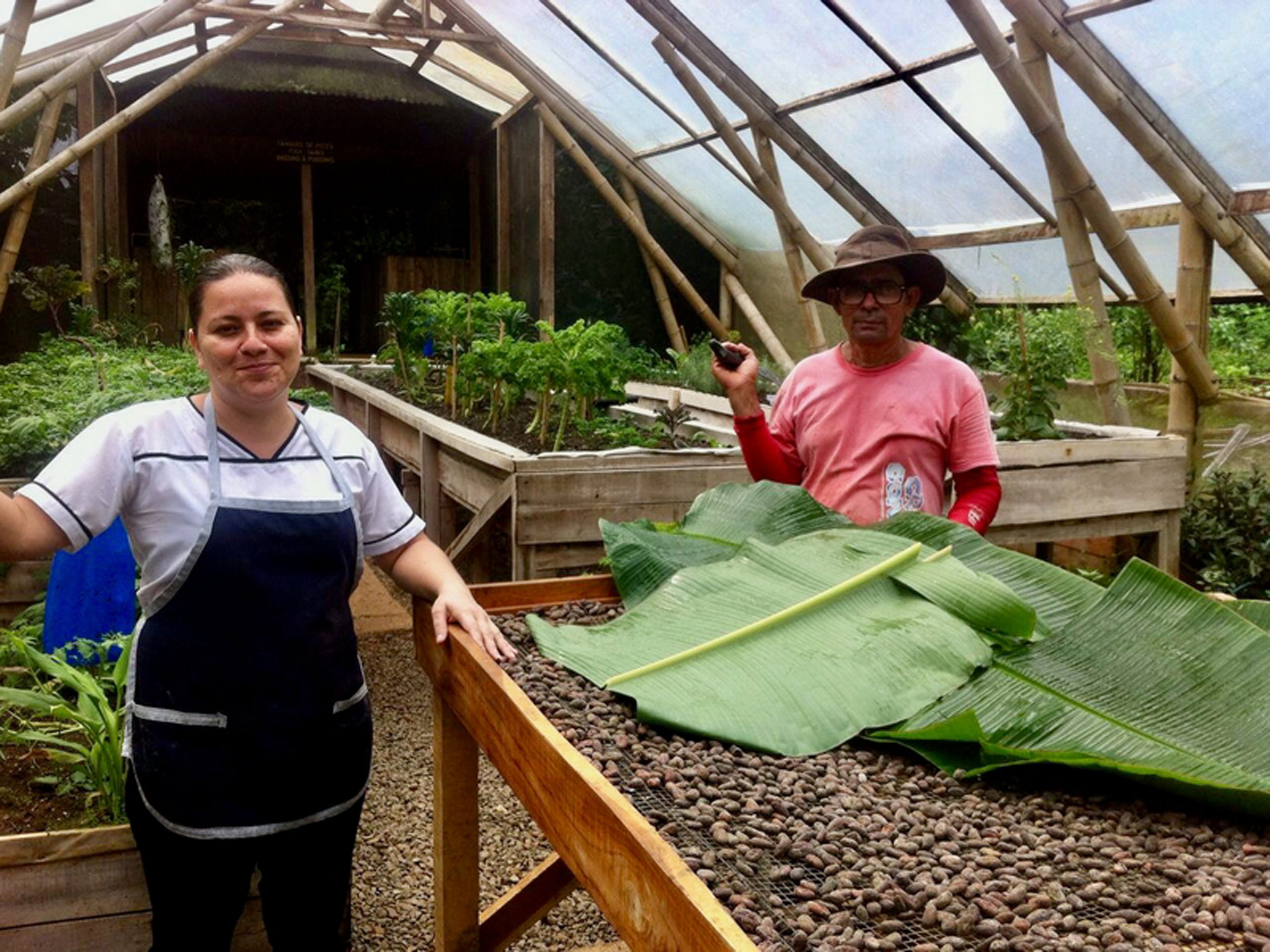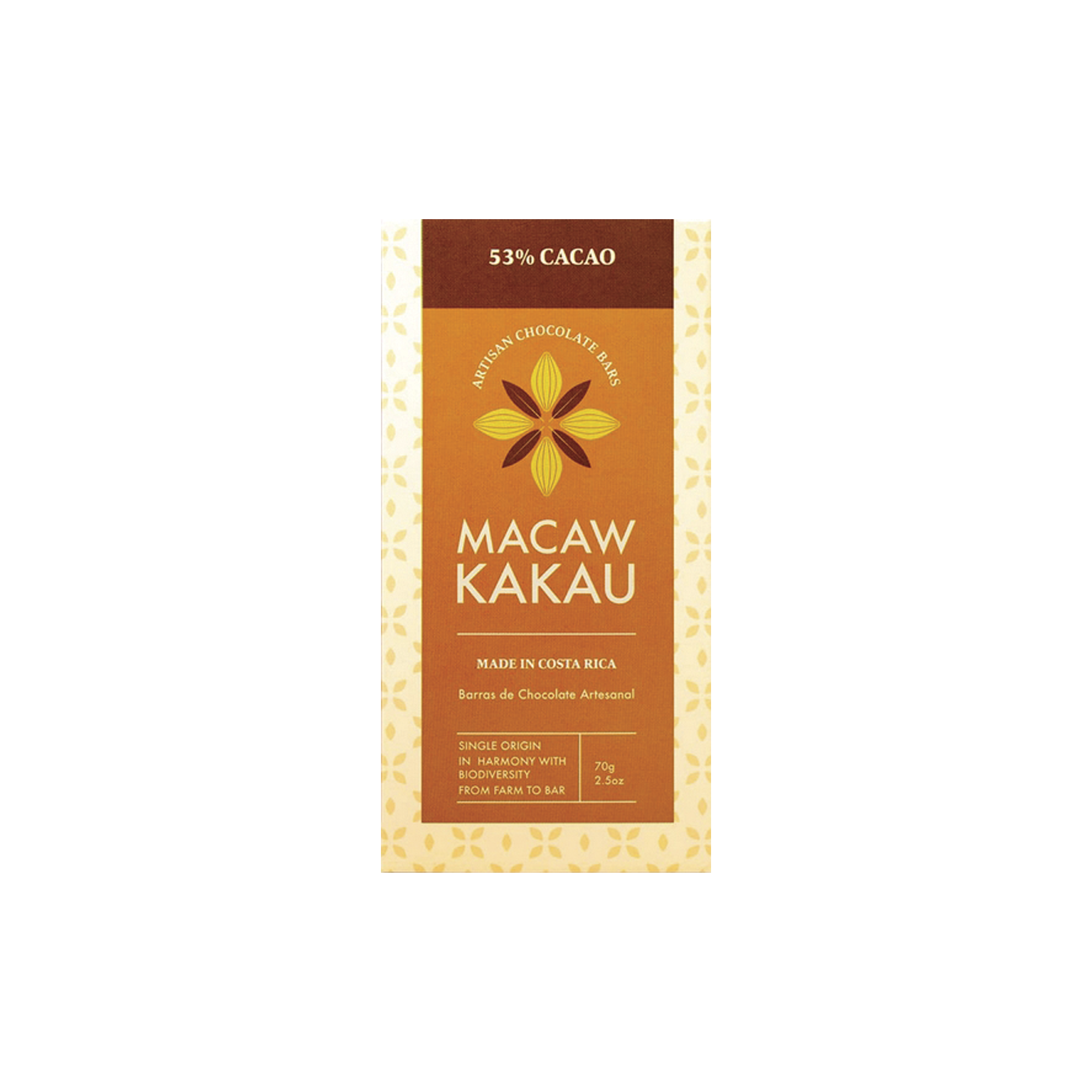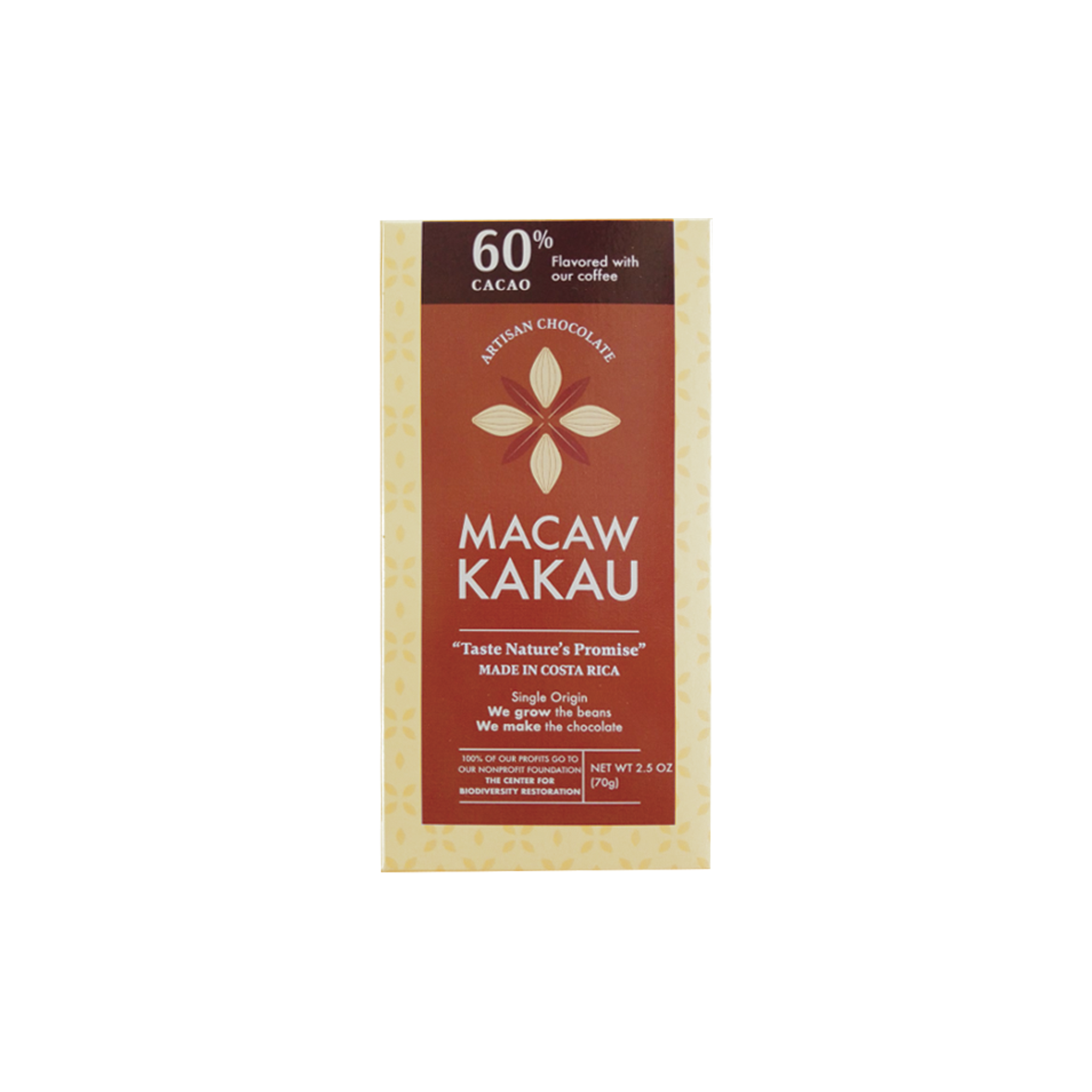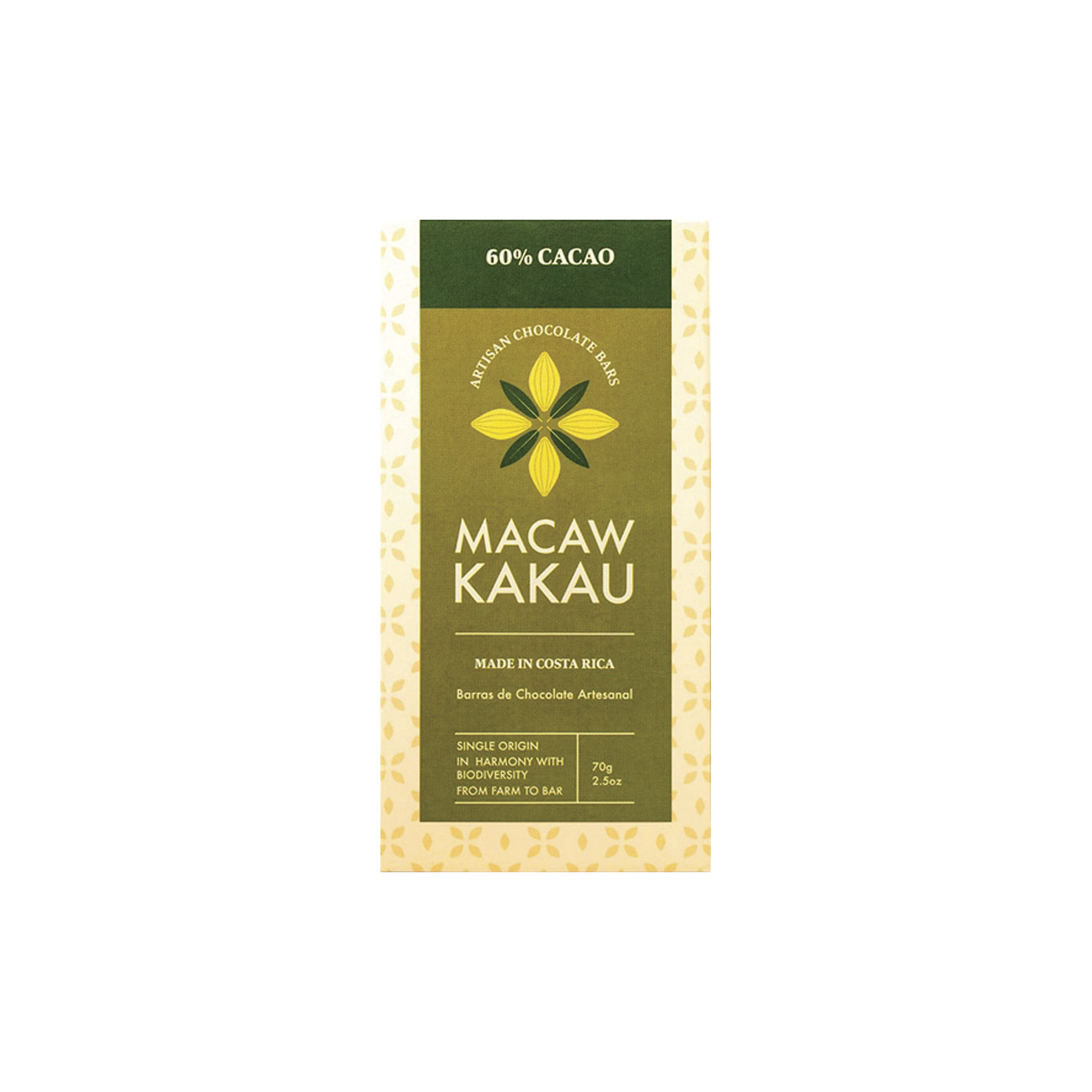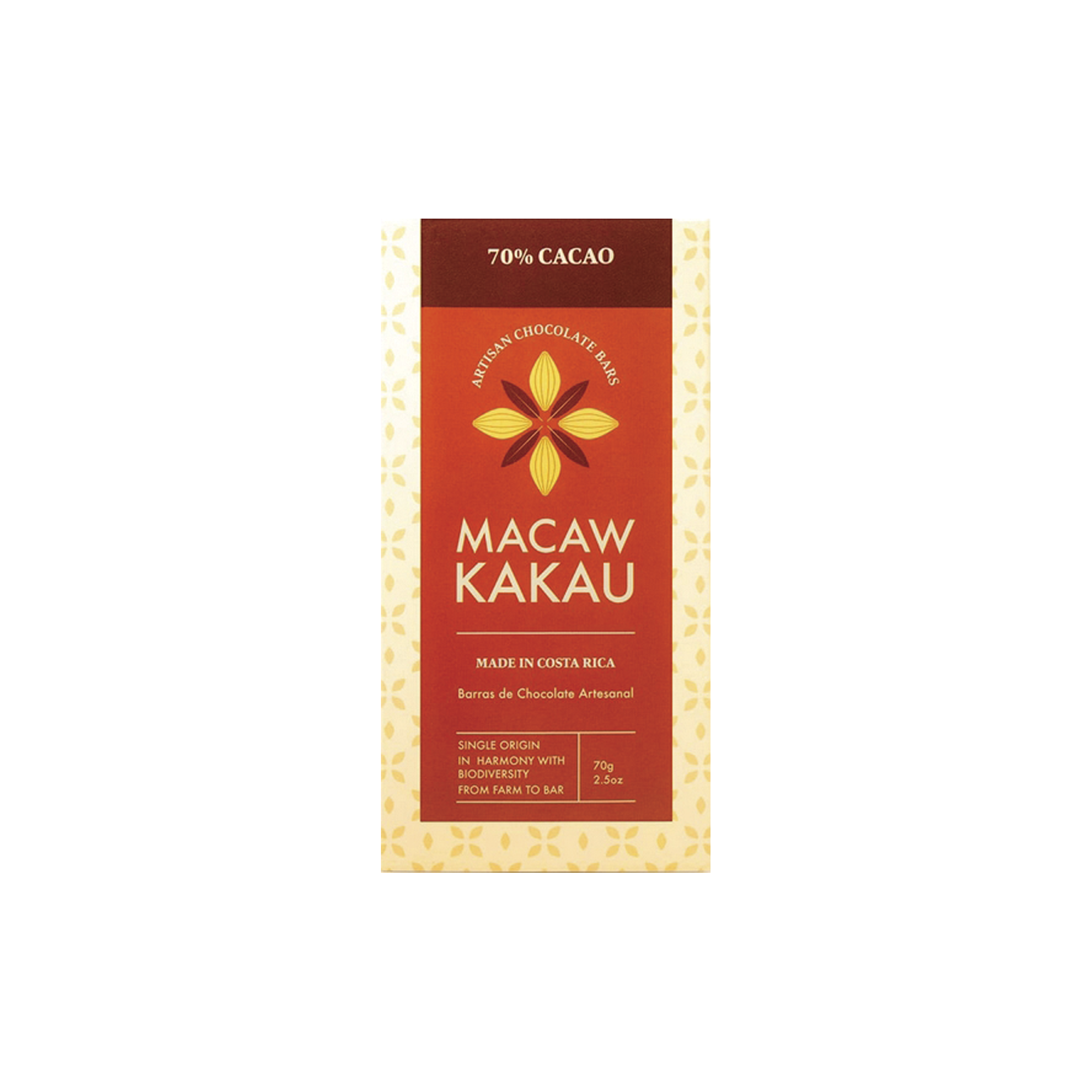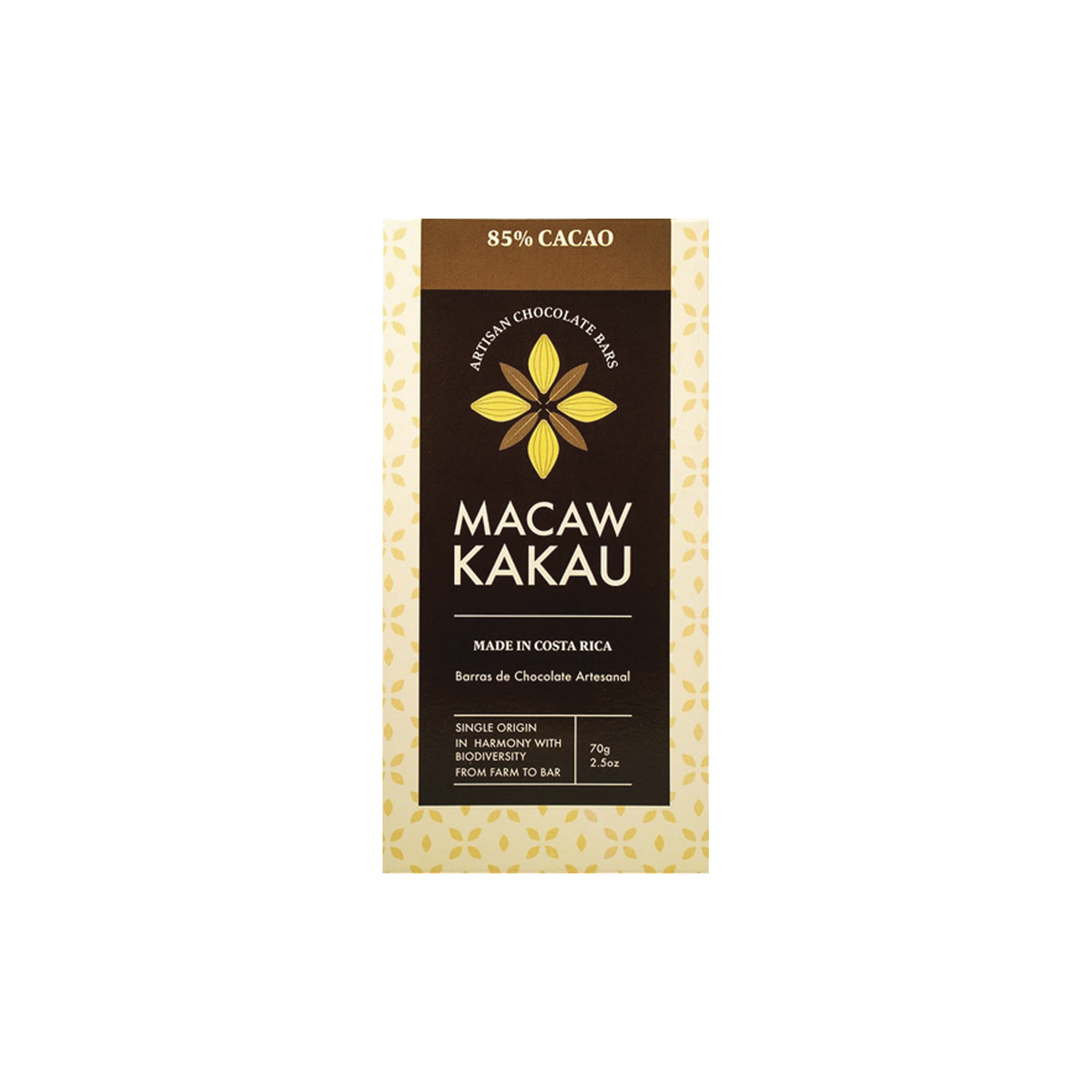As a young man, Pablo Gordienko would watch his father craft artificial nests for the gorgeous Scarlet Macaw bird, a species that was in danger due to it being continuously pushed off its migratory path because of climate change. His father’s humble endeavour was to encourage the macaw to nest along the coasts of Costa Rica, a slow process that would gradually correct the bird’s course and migrant patterns. After a patient few years, through failed attempts and the fickle changes of their environment, their family began to see scarlet macaws make their home along the coastline. The beautiful site of their vibrant feathers that spark the air with flurries of red and gold was a testament to the graceful patience of cooperating with nature, and the respect that must be given to one’s place in it.
Costa Rica offered Pablo and his brother similar lessons in the form of his aunt’s and uncles’ farming harvests, or the legendary opal waves that the Gordienkos surfed on. And these lessons could be distilled into this: you learn to read nature, respect its autonomy, and be open to the happy accidents and opportunities the natural world presents.
This philosophy had been engrained, albeit perhaps subconsciously, in Pablo and his brother’s mind since childhood and it informed every decision in building their carbon-neutral eco-friendly Macaw Lodge and eventually their Macaw Kakau farm and chocolate studio. When Costa Rica’s law 7575 was passed, paying farmers to plant trees, they used their hectares to plant Teak and Melina. When they struggled to export their excess teak, they used the sturdy wood to construct their eco-lodge. When conflicted about using unsustainable resources to power the lodge, they looked no further than the nearby spring and sun overhead. And years after tinkering with planting various fruits, vegetables and flowers, they saw that cacao plants flourished there, leading to a modest farm of the delicious fruit, and eventually a chocolate studio.
This philosophy became a conscious principle when early one morning, shortly after the cacao plantation had begun to yield its first fruit and their personal biological corridor began attracting various stray animals, Pablo witnessed a nostalgic and profound sight of a playfully coloured bird perching on top of the lodge. The scarlet macaw seemed to have wandered all the way from the coast to investigate the lodge and cacao farm. It turned out, Pablo later discovered, that the macaw is not only attracted to the teak wood they used to build their lodge but also to the cacao plant. And that morning was the beginning of the frequent visiting and in some cases nesting of the scarlet macaw, a bird that always reminded Pablo and his brother of their father, and a bird that is a reminder of that philosophy and the symbiosis and serendipity of nature.
Macaw Kakau
